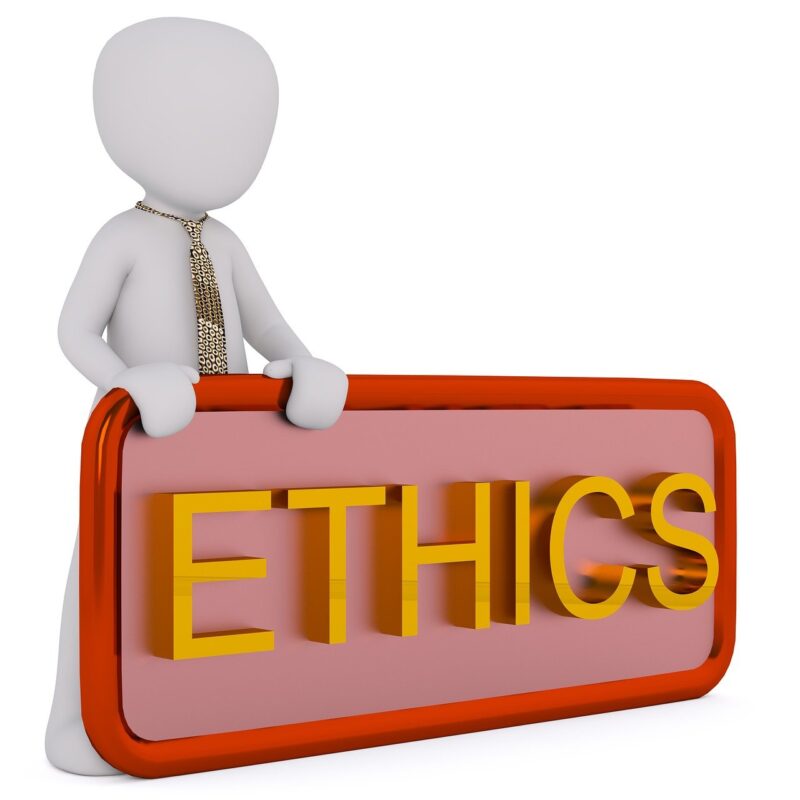Careers
Embracing Ethical Pathways in Career Choices
Career choices play a pivotal role in shaping our lives and the world around us. They determine the direction of our professional journey and impact our personal fulfilment and societal well-being. However, in today’s complex and interconnected world, it is crucial to consider ethical approaches when making career decisions. By aligning our values and ethics with our professional pursuits, we can create a positive impact and contribute to a better future.
Defining Ethical Approaches in Career Choice
Ethical approaches in career choice refer to the conscious consideration of moral principles and values when making decisions about our professional paths. It involves evaluating the potential impact of our chosen careers on individuals, communities, and the environment. Ethical decision-making encompasses a deep understanding of personal values, ethics, and their alignment with the desired career trajectory.
Ethical Dimensions in Career Choice
There are various ethical implications associated with different career paths. Individuals have the opportunity to contribute to environmental sustainability and conservation by choosing careers focused on renewable energy, conservation efforts, or sustainable practices. Careers in social justice and human rights allow individuals to fight against inequality, and discrimination, and promote fairness in society. Opting for careers in corporate responsibility and ethical business practices can foster transparency, accountability, and ethical governance within organizations. In the field of healthcare and medical ethics, professionals make critical decisions that prioritize patient well-being and ethical treatment. Furthermore, with the growing influence of technology, individuals can choose careers that prioritize data privacy, cybersecurity, and responsible innovation.
However, ethical dilemmas may arise when personal values clash with career goals. Individuals may face conflicts when financial constraints push them toward careers that compromise their ethical principles. Striking a balance between personal fulfilment and societal needs can be challenging, particularly when societal pressures or cultural expectations come into play. It is crucial to navigate these challenges mindfully and find ways to prioritize ethics without compromising personal well-being.
Ethical Decision-Making Process
To make ethical career choices, it is essential to follow a systematic decision-making process. Start by reflecting on your personal values, beliefs, and long-term goals. Consider what matters to you most and the kind of impact you want to have in the world. Next, gather information about various career options and delve into their ethical implications. Understand how your chosen career may impact stakeholders, communities, and the environment. Evaluate alternative career paths that align more closely with your ethical considerations. It is important to engage in ongoing self-reflection and adapt your choices as your values evolve.

Overcoming Challenges and Navigating Ethical Dilemmas
Prioritizing ethics in career choices may pose challenges, such as financial constraints and the realities of the job market. However, it is crucial to remember that personal fulfilment and the greater good can go hand in hand. Seek financial stability through ethical career options, and explore opportunities that align with your values. Balancing personal fulfilment and societal needs requires resilience and determination. It is vital to overcome societal pressures and cultural expectations that might push you toward unethical career choices. Building a supportive network and seeking guidance from mentors can help navigate ethical dilemmas. Advocate for ethical practices within organizations and engage in continuous professional development and ethical training to strengthen your ethical compass.
Case Studies and Examples: Real-life examples illustrate the power of ethical career choices. Individuals who chose careers aligned with their values have made significant impacts. Environmental activists have championed sustainability and contributed to the preservation of natural resources. Social entrepreneurs have created businesses that prioritize social and environmental responsibility. Organizations like Patagonia and TOMS Shoes have demonstrated that ethical practices can be profitable while making a positive difference in the world.
Making ethical career choices is not only personally rewarding but also contributes to a better society. By aligning our values and ethics with our professional paths, we can create a positive

